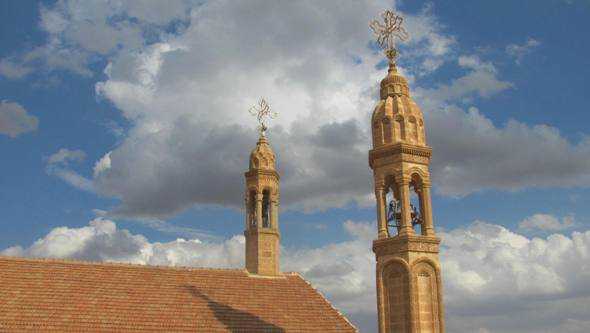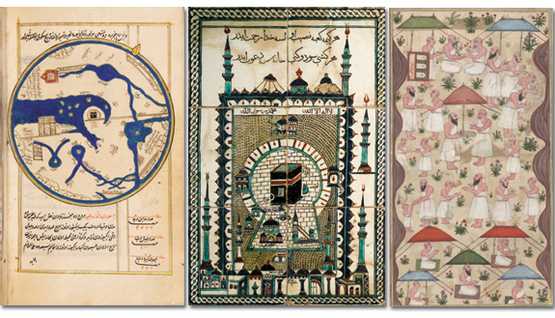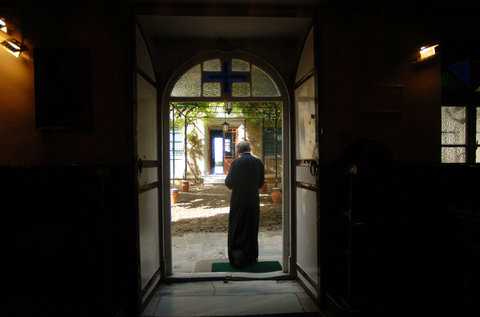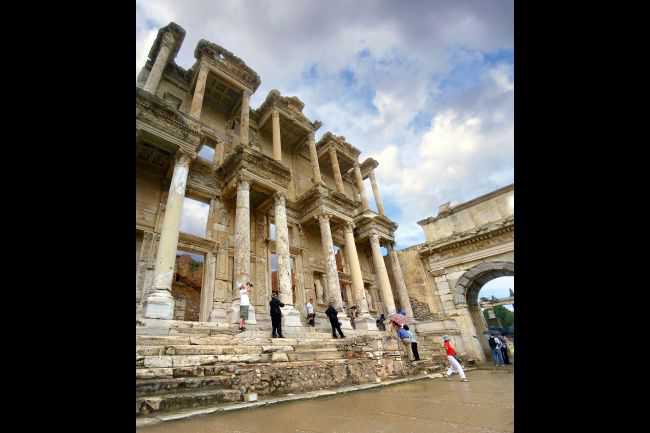‘I Can’t Imagine Studying Anywhere Else’: The culture shock and awe of a semester in Istanbul
Posted by The Elm on March 1, 2013 · Leave a Comment
By Allison Davis
Foreign Correspondent
How many cups of tea can one person drink in one day? This is the competition I have with myself on a daily basis. When people aren’t drinking tea, they are sipping on a Turkish coffee. In fact, my flatmate read my fortune using the coffee grounds left in my glass on my very first day in Istanbul.
Life in Istanbul is so different; it cannot even be compared to life at Washington College. Fortunately, I have three other WC students living near me. The four of us are working to figure out class registration, having four campuses, shuttle systems, cafeterias, and that’s all just on our school’s campus.
Our most challenging tasks are learning the language and navigating the streets. There have been times where we have sat in a restaurant for an hour waiting for the check. Only afterwards did we learn from my Turkish flatmate that it has to be asked for.
There are always mistakes in our communication with Turkish people. For example, I tried to ask a person where they are from and instead asked them where they perform a particular bodily function. When I go to the weekly fruit and vegetable bazaar in my neighborhood, I end up asking for an entire kilo of oranges, rather than just one single fruit.
Our new motto within our group of international students is “Live and Learn” or, on crazier occasions “YOLO.” Because we are still learning the language, we order random food or purchase things that look interesting at the grocery store. It’s extremely important to be flexible and open to trying new things.
I have only been in Istanbul for three weeks now, and I am only now starting to be more comfortable with the customs. Learning to adjust and adapt to different lifestyles is important when we interact with Turkish people.
I live in a flat that is a 15 minute walk from campus, which is different from my short walk to classes at WC. Another difference is that nobody has a dryer here, so if I do too much laundry, it takes two or three days to dry and I have no clothes or towels (it’s difficult to shower when you have to use T-shirts as towels).
This is just the beginning of my adventure in Istanbul. I can’t imagine studying anywhere else. There’s always a new neighborhood to explore, a new club to party at, and new people to meet. It is possible to be woken up by the first call to prayer that every mosque plays from its minaret, study the rich history of the Ottoman Empire during the days, and enjoy the modern atmosphere of the clubs and bars in Taksim Square at night.
Taking advantage of the city is our main priority. We ride the bus to different neighborhoods, the ferry to the Asian side of the city, or a horse carriage to the top of an island. The most amazing part of Istanbul is its hugeness. It’s not a city with a skyscraper skyline, but anywhere you look is still considered Istanbul. Two continents are included in this city, along with nine islands, and so much in between.
On my most recent adventure, my friends and I, a group of international students, travelled to Büyükada, one of the bigger islands. There are four larger islands and five smaller ones. Automobiles are not used on the islands, so everyone walks, bikes, or rides in open horse-drawn carriages.
On the Sea of Marmara, the boardwalk was an amazing sight with beautiful temperatures for the month of February. We sat along the Sea of Marmara, eating fresh fish and drinking our Efes (the beer of choice in Turkey), and we pondered if it was possible to have a better day.
In our case, it did get better. We reached a park near the top of the island and hiked the rest of the way. From the top was one of the most breathtaking views I have ever experienced. The view of Istanbul stretched for miles, and we sat there and admired it. After pretending to parkour on the rocks at the top of the mountain, we walked back to the ferry to head to our flats.
We, your fellow three WC peers and myself, are constantly visiting new places, trying new foods, and learning more and more Turkish words. I hope to keep you updated on our Turkish lifestyles and adventures!
via ‘I Can’t Imagine Studying Anywhere Else’: The culture shock and awe of a semester in Istanbul : The Elm.






